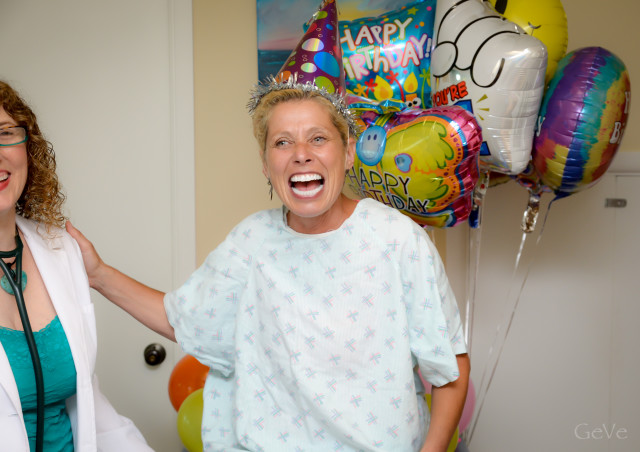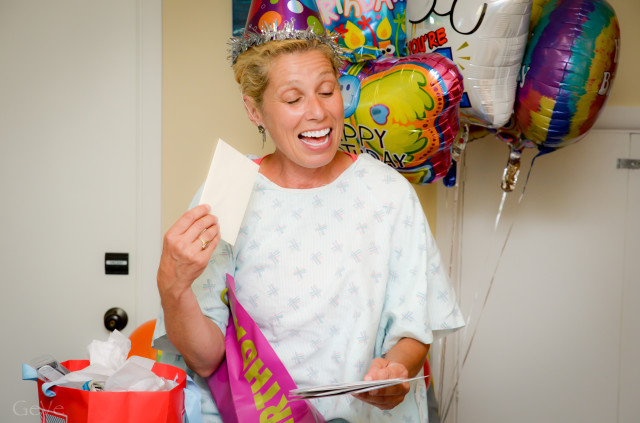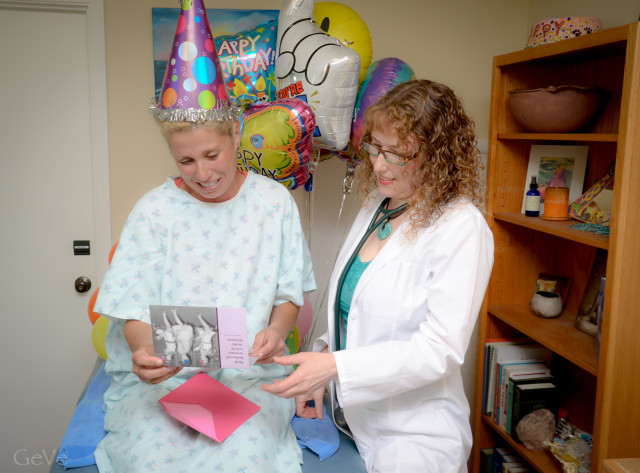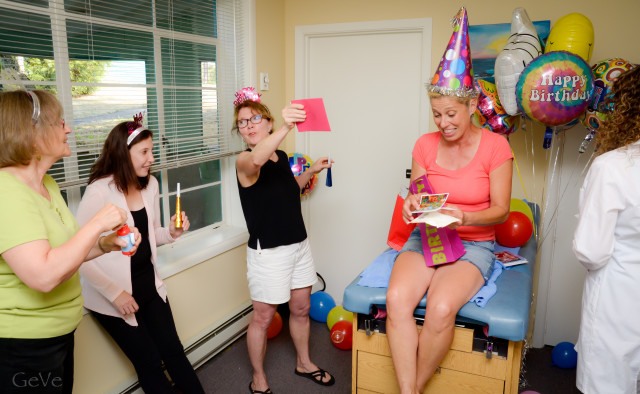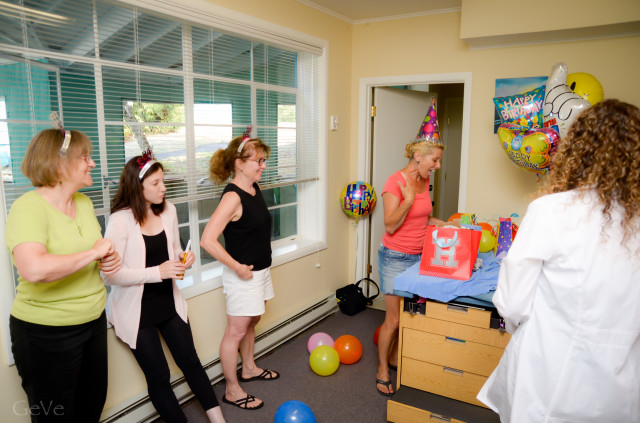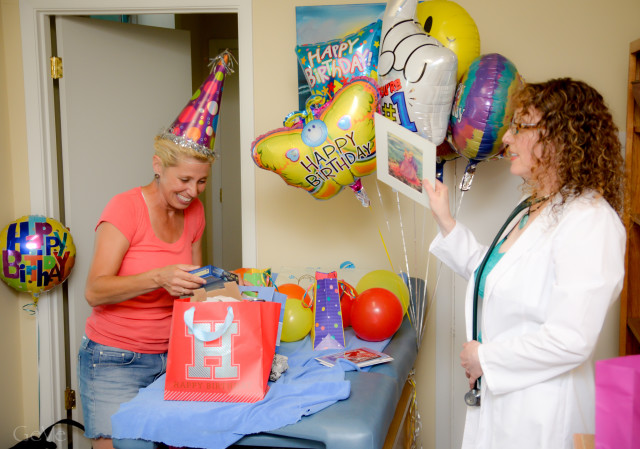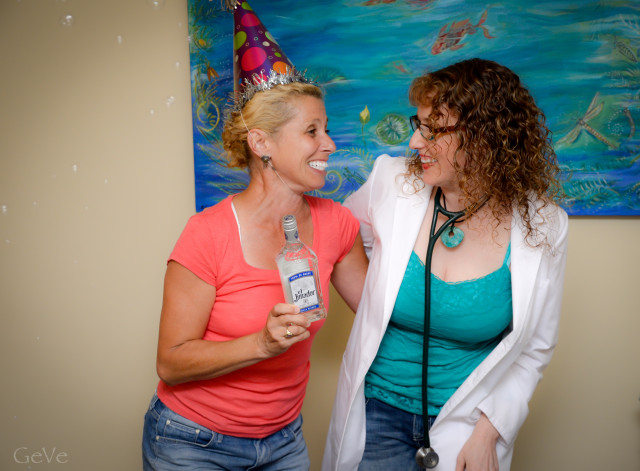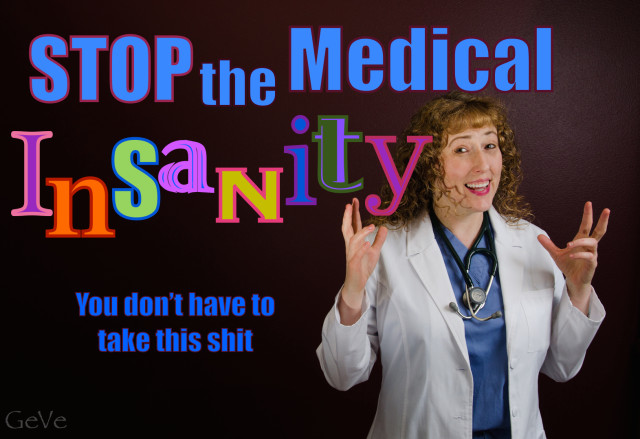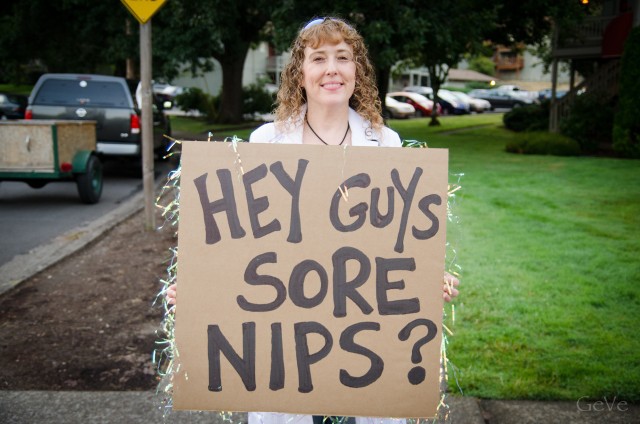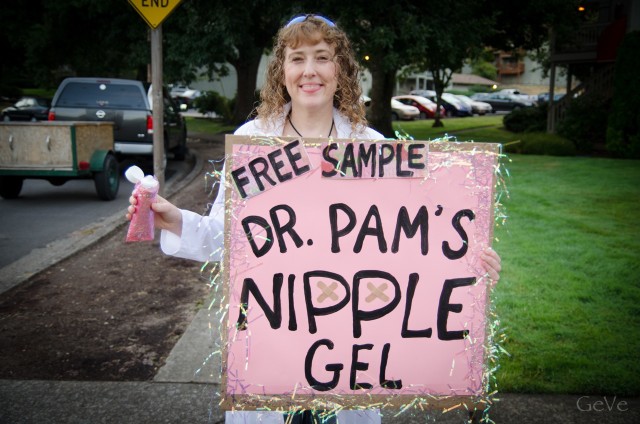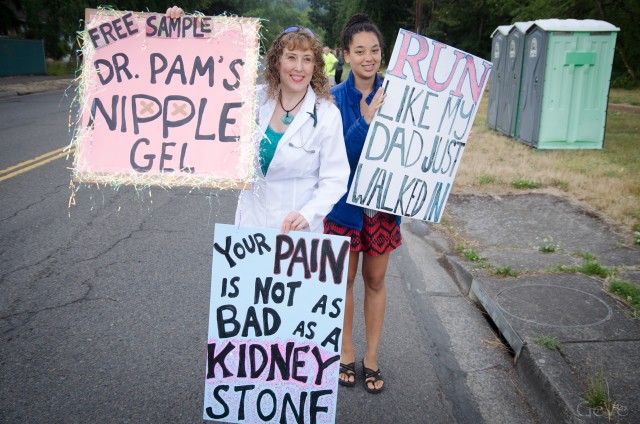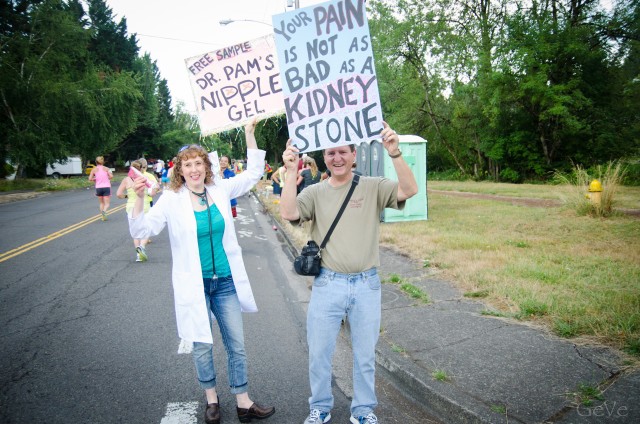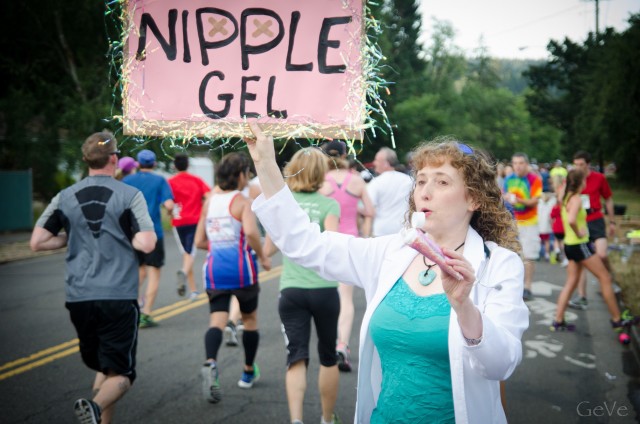Life changes in a heartbeat.
In the “Events of the Cardiac Cycle” lab, four students are assigned to each dog. Instructions: Inject the live dog with epinephrine and study the EKG. Sever cardiac nerves. Carve open the chest and shock the heart. As the dog’s blood pressure drops, remove the heart. Now, stab the aorta with a scissor blade and slice open the ventricle. Check for heartworms. Bag the carcass, and clean your instruments and work station.
To be a healer, I’m being forced to kill. But murder is not part of my curriculum. So I sign the papers to drop out of medical school. But I can’t leave. With an apartment full of pets, no money for a U-Haul, and no clear destination, I’m unable to garner sympathy—even from my parents. My anatomy partner advises, “Just keep taking tests until you figure out what you want to do.”
At age twenty-two, I decide to fight for my life. In a petition, I state my personal intention not to kill, and circulate the petition to classmates. From among the 189 students, three share my moral objections and sign on. I circulate a second petition for others to support our right to opt out of animal labs, but no classmates sign due to “fear of being blacklisted from residencies.”
Then I send a letter to the physiology director stating that “I will not participate in animal experiments.”
“These are not animal experiments,” he responds. “They are experiences. Attendance is mandatory. You are assigned to Team 11B. An unexcused absence will compromise your teammates’ education and prevent your matriculation into the clinical core.”
So I forward my petition to the dean of medicine, who requires that I meet with him. I enter his office and sit in a large mahogany chair across from the sixty-year-old physician.
I begin with a personal statement of my values and priorities: “I am vegan. I do not eat or wear animal products. I am morally opposed to injur- ing animals and will not participate in these labs.”
He stares at me quizzically. Then—with an authoritarian, yet paternal, even loving tone—he diagnoses me with “Bambi Syndrome” and grants my exemption. I’m relieved that I will not have to kill a dog to become a doctor.
My relief is short-lived. The next week, while studying, I see a cart full of dogs wagging their tails. As they pass by my classroom, I panic. My vision narrows and blurs. My heart is racing and I feel like I’m going to faint.
An hour later, classmates emerge splattered with blood. Men boast of their conquests. Bags overflow with carcasses—man’s best friend slaughtered in cold blood.
Walking home, I’m crying not only for the loss of our innocent, ever- faithful friends, but also for my classmates, methodically dehumanized right in front of me.
I cry myself to sleep holding my dog, Happy. The next morning, it’s impossible to return to class. With swollen eyelids, completely sealed shut, I can no longer bear to see the brutality.
Nearing graduation, we’re all so excited. While completing residency applications, fellow classmates beg me to write their personal statements for them.
“But a personal statement is personal,” I say. “How could I possibly write your personal statement?” In the end, my classmates are blacklisted, not from their residencies, but from their own identities. Medical education too often robs us of our souls, ourselves—our very humanity.
Bambi Syndrome saved my life. I’ve never been so happy to be diagnosed with a disease.
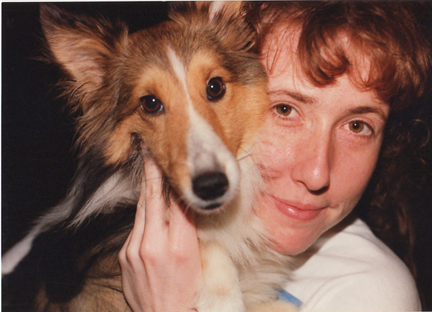
Pamela Wible, M.D., is a family physician and founder of the ideal medical care movement. Watch her TEDx talk on ideal care. Excerpt from chapter 41 of Pet Goats & Pap Smears.

